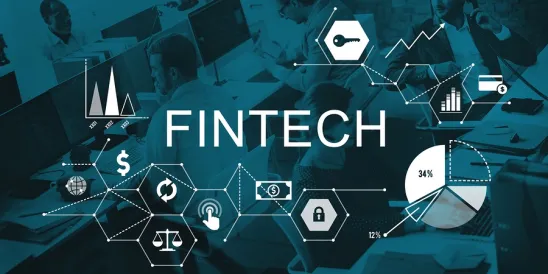There is no doubt that the regulation of financial technology (fintech) companies is on the rise. Fintech companies broadly mean companies that provide products, services and technology where traditional banking and financial services leave off and technology takes off.
Though all of the federal banking agencies and other agencies will play a vital role in the emerging regulatory process, special mention should be made of the Consumer Financial Protection Agency (the CPPB), which is the autonomous and well-financed agency created by the Dodd-Frank Wall Street and Consumer Protection Act. The CFPB is dedicated to consumer protection in the area of consumer financial products and services, and has the resources and breadth of jurisdiction to be a leader of fintech regulation.
On Nov. 12, 2012, the CFPB announced a “Project Catalyst” designed to develop effective dialogue between the CFPB and “innovative” companies looking for new projects and services to benefit consumers. The taskforce announcement is found here.
More recently, on February 18, 2016, the CFPB announced a policy of allowing fintech companies the ability to obtain “no action” letters issued by the CFB staff with respect to proposed products or services that present “novel and complicated” questions related to technology. The policy is found here. While this is laudable, these no action letters would be subject to modification or revocation by the staff, would not be binding on the CFPB, and would not be binding on the courts, or other persons (e.g., regulators or litigants) who might challenge the requester’s product or service. With respect disclosure of a requester’s data, the policy states that it would be subject the CFPB’s rules regarding disclosure of records and information (12 C.F.R. part 1070), and the Freedom of Information Act’s exemptions and exclusions. As noted by the American Bankers Association, the no-action-letter policy does not guarantee the confidentiality of proprietary information (ABA Banking Journal).
Importantly, the CFPB on June 2, 2016, issued its proposed Small Dollar Lending Rule to regulate short-term and longer-term credit by both store-front lenders and on-line lenders, with a massive publication covering over 1,300 pages.
This proposal could have been a good opportunity to explore where fintech might fit in or provide innovative ways to achieve desired results for consumers businesses, and regulators, but the proposed rule is essentially silent on these matters.
We will need to await further guidance from the CFPB on fintech.


 />i
/>i
